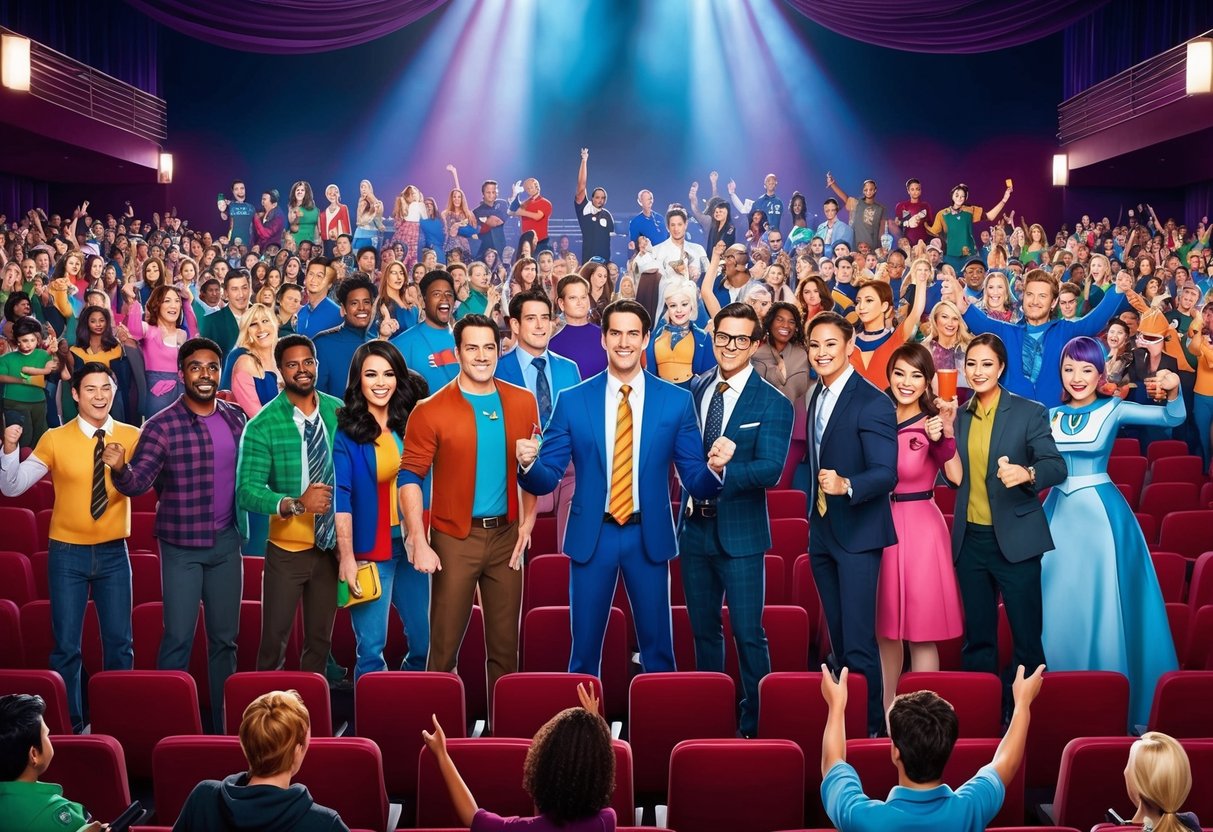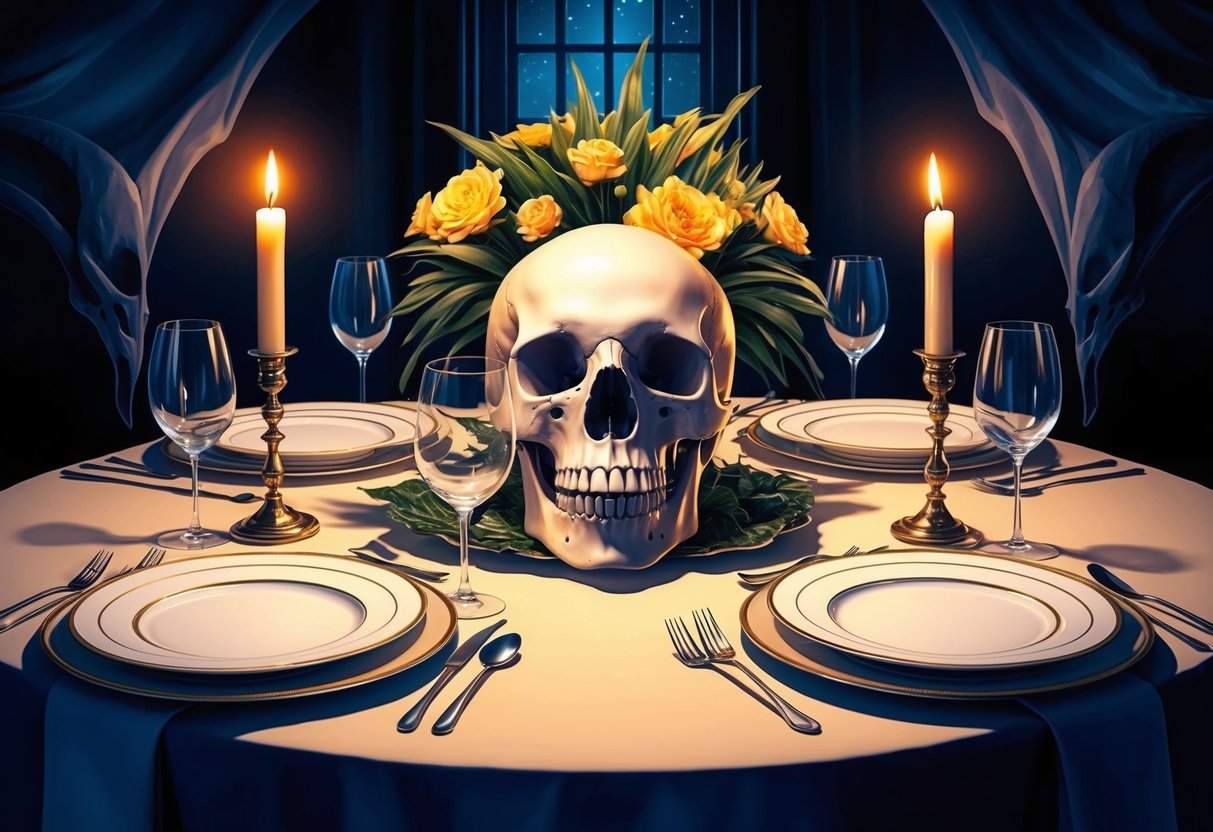
The Last of Us: Breaking New Ground in TV Adaptations
The Last of Us achieved critical acclaim for redefining video game-to-TV adaptations, standing out for both its faithful storytelling and impressive production values. Its immediate popularity and dedicated fan base pushed it into the ranks of modern TV shows with genuine cult followings.
Adaptation from Video Game to Series
The Last of Us, developed by Naughty Dog, became a cultural sensation when HBO adapted it for television. The creative team took great care to honor the game’s original narrative while skillfully expanding character backgrounds and world-building details.
This approach attracted both fans of the source material and newcomers to the story. The casting of Pedro Pascal as Joel and Bella Ramsey as Ellie brought new dimensions to the iconic characters.
Meticulous set design, practical effects, and immersive soundscapes faithfully recreated the game’s post-apocalyptic atmosphere. This level of attention to detail proved vital in earning the trust of longtime fans.
The series landed on many lists of top dystopian TV shows due to its authentic representation of the game’s harrowing world.
Cultural Impact and Reception
The Last of Us drew high viewership numbers on HBO and sparked widespread discussion across social media. Critics consistently praised its emotional depth, nuanced performances, and narrative complexity.
Several episodes, especially the pilot, were hailed as standout moments in recent television, with many viewers calling the first episode “damn near perfect” and wishing for even more screen time according to reactions on Reddit.
The show’s infectious world-building, coupled with its grounded, human storytelling, allowed it to resonate beyond just gamers. It quickly garnered recognition as one of the best post-apocalyptic TV series, solidifying The Last of Us as not just a successful adaptation, but a cornerstone in discussions of memorable cult television.
Crime Drama Cult Hits: Hannibal, My So-Called Life, Smallville

Hannibal, My So-Called Life, and Smallville each carve a unique niche in crime drama with their storytelling, psychological complexity, and passionate fanbases. These shows transcend their genres by blending intricate character arcs with social commentary and building devoted, long-lasting audiences.
Psychological Depth and Story Arcs
Hannibal excels in psychological exploration, delving into the complex relationship between FBI profiler Will Graham and Dr. Hannibal Lecter. The show uses stylized visuals and slow-burn tension to highlight the blurred lines between sanity, morality, and obsession.
Viewers are drawn in by the interplay of manipulation and empathy, setting it apart from typical police procedurals. My So-Called Life adds emotional realism, focusing on teenage angst and the unique challenges its young characters face.
The show avoids surface-level storytelling by delving into the emotional lives and motivations of its cast, offering a raw depiction of youth and vulnerability rarely matched by other crime drama series. Smallville, while centered around a young Clark Kent, blends comic book origins with elements of detective work, family conflict, and moral dilemmas.
The episodic “villain of the week” structure is anchored by ongoing character growth, making the show as much about evolving identities as it is about external threats.
Exploring Social Themes
Each of these cult favorites addresses real-world and social issues through their narratives. Hannibal deals with themes of identity, trauma, and ethical ambiguity in law enforcement, often posing questions about justice versus personal code.
Its portrayal of mental health and the impact of violence challenges the expectations of crime-drama storytelling. My So-Called Life stands out for its candid approach to topics like sexuality, domestic struggles, and peer pressure.
The series was groundbreaking for the early ‘90s, openly depicting LGBTQ+ characters and the challenges of adolescent life, influencing crime and drama TV in subtle ways that still resonate. For more on niche cult shows with enduring impact, the Reddit community often highlights series like this for their bold social commentary: cult TV shows.
Smallville tackles belonging, power, and ethical responsibility, weaving in issues like secrecy, trust, and self-acceptance. Its depiction of moral choices connects the superhero narrative back to classic crime drama concerns, giving its stories greater depth and long-term relevance.
Devoted Viewership
The impact of Hannibal, My So-Called Life, and Smallville is magnified by their dedicated fan communities. Hannibal (often called “Fannibals”) developed a massive online following, known for analysis, art, and detailed discussions that helped keep the show relevant after cancellation.
My So-Called Life achieved cult status despite a short run. Viewers praise its honest, sometimes painful look at teenage life.
Its legacy continues through reruns, streaming, and social media. Fans find shared experiences and nostalgia.
Smallville enjoyed a long network run and still gathers fans who debate character arcs and superhero mythology. The show’s legacy is evident in conventions, fan fiction, and continued influence on superhero and crime drama television genres.
For lists of cult favorites that remain influential, check out fan rankings on Ranker featuring these series among the best cult TV shows.



